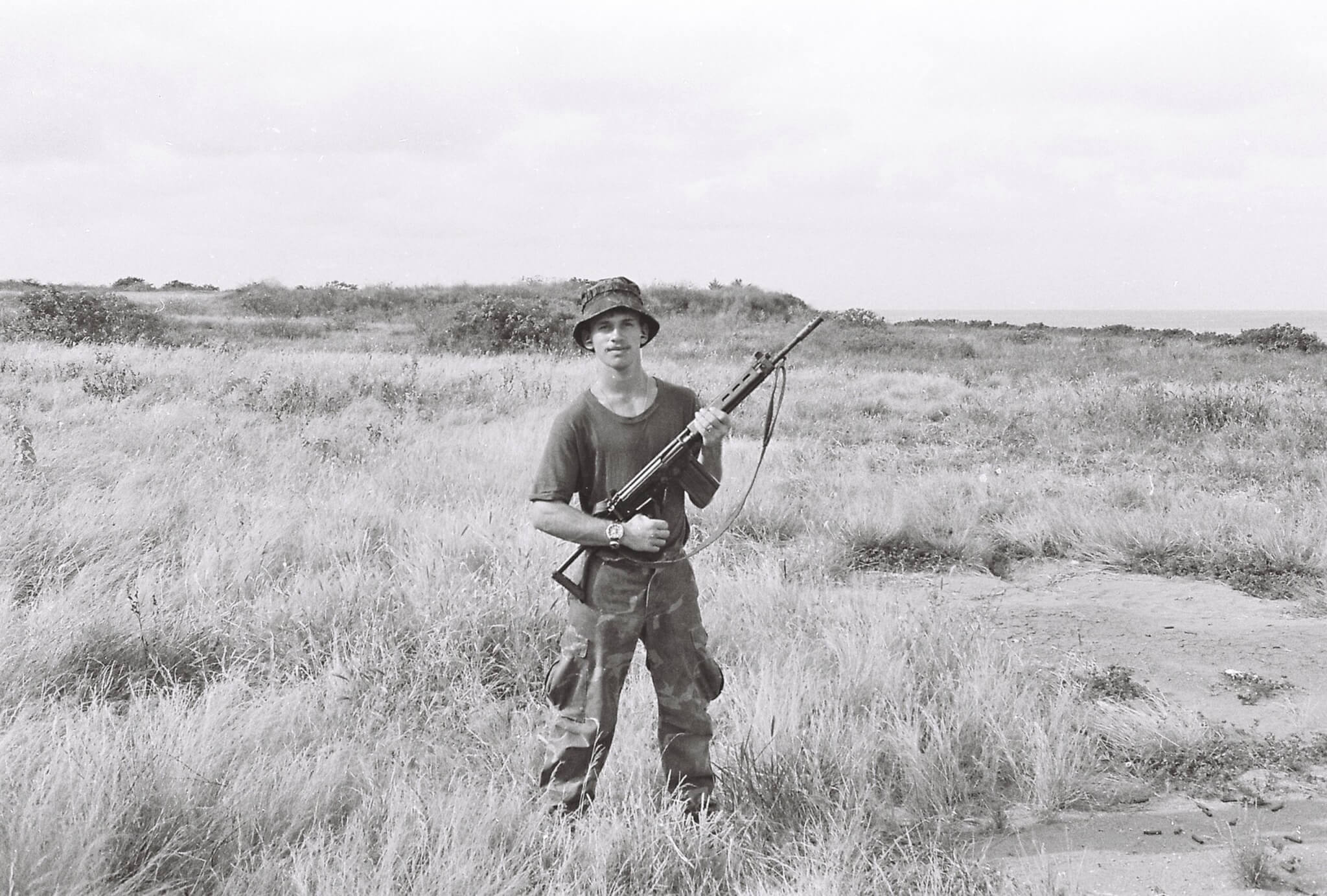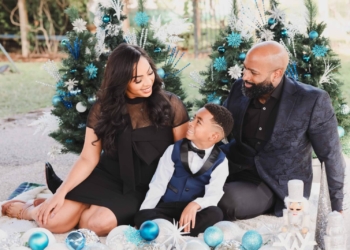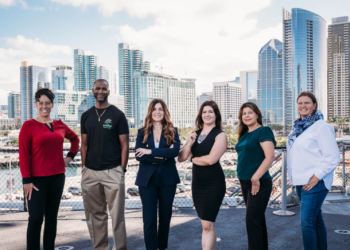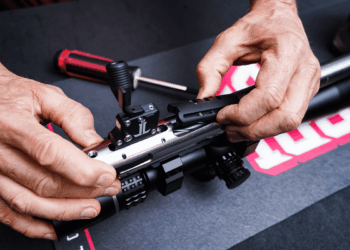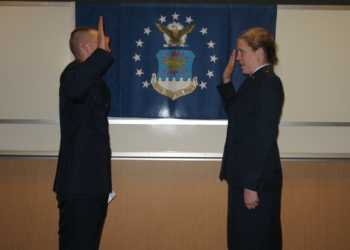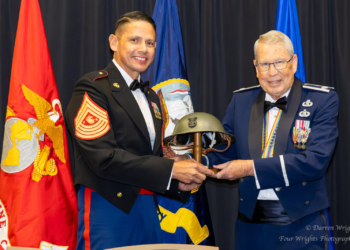A former Navy SEAL is sharing his story of overcoming physical and social barriers to achieve his dream.
David “Brownie” Brown remembers being underestimated from an early age.
“I’ve always been the tiniest person and I was picked on a lot. But a formidable event happened when I was in third grade,” he said.
Brown says he was being bullied in school and finally decided to tell his mother about it. Her advice led to an unexpected turn of events.
“She was a fiery Irish woman with red hair. She told me to make a fist, and she made me punch her hand over and over again and said, ‘if anybody ever picks on you punch him right in the kisser,’” Brown said. “The next day I got picked on and met the bully after school. I punched him right in the mouth and then he picked me up and he threw me.”
The bully in question had never been hit and they went at it for a bit before calling a truce. Eventually, they’d become the best of friends. Though Brown wasn’t sharing the story to encourage violence, he does credit it with being a pivotal moment in his life and learning the courage to stand up for himself.
Gearing up for graduating high school, Brown started exploring going into the Navy. After seeing a poster for the Underwater Demolition Team, he knew it’s what he wanted to do — despite his small stature of being 5’3 and 110 pounds. The recruiter scoffed at his goal and told him he’d never make it, but Brown said the goal was locked in.
After blowing through boot camp, he tested alongside 28 other sailors to take the screening test to go to BUD/S. Brown was the only one who passed. Though he didn’t pass the “hell week” running time, the instructors agreed anyone who could keep running with broken legs (he had two stress fractures) and a pulled groin should get another chance.
This time, he made it and graduated with BUD/S Class 115 in 1980. After Army Airborne School he was sent to his SEAL team. There was still more training on his to-do list before he could officially earn the Trident, but he was sent to a platoon in the Mediterranean instead.
“I landed on a ship replacing a guy that they had trained with probably for the last eight months. And I was the fricken new guy,” he said. “I had overcome that not only was I the little guy but a new guy as well. It worked out well and I somehow worked my way into their hearts.”
He would deploy often, only home 30 days a year. After securing shore duty right after his daughter’s birth, he made the decision to leave the team.
“Frankly, I wanted to watch her grow up. It wasn’t going to be possible as a SEAL,” Brown said.
During his time off deployment rotation, Brown earned a degree in criminal justice and left the Navy to become a NCIS special agent. He also worked for the EPA and Department of Interior before retiring from service after 28 years.
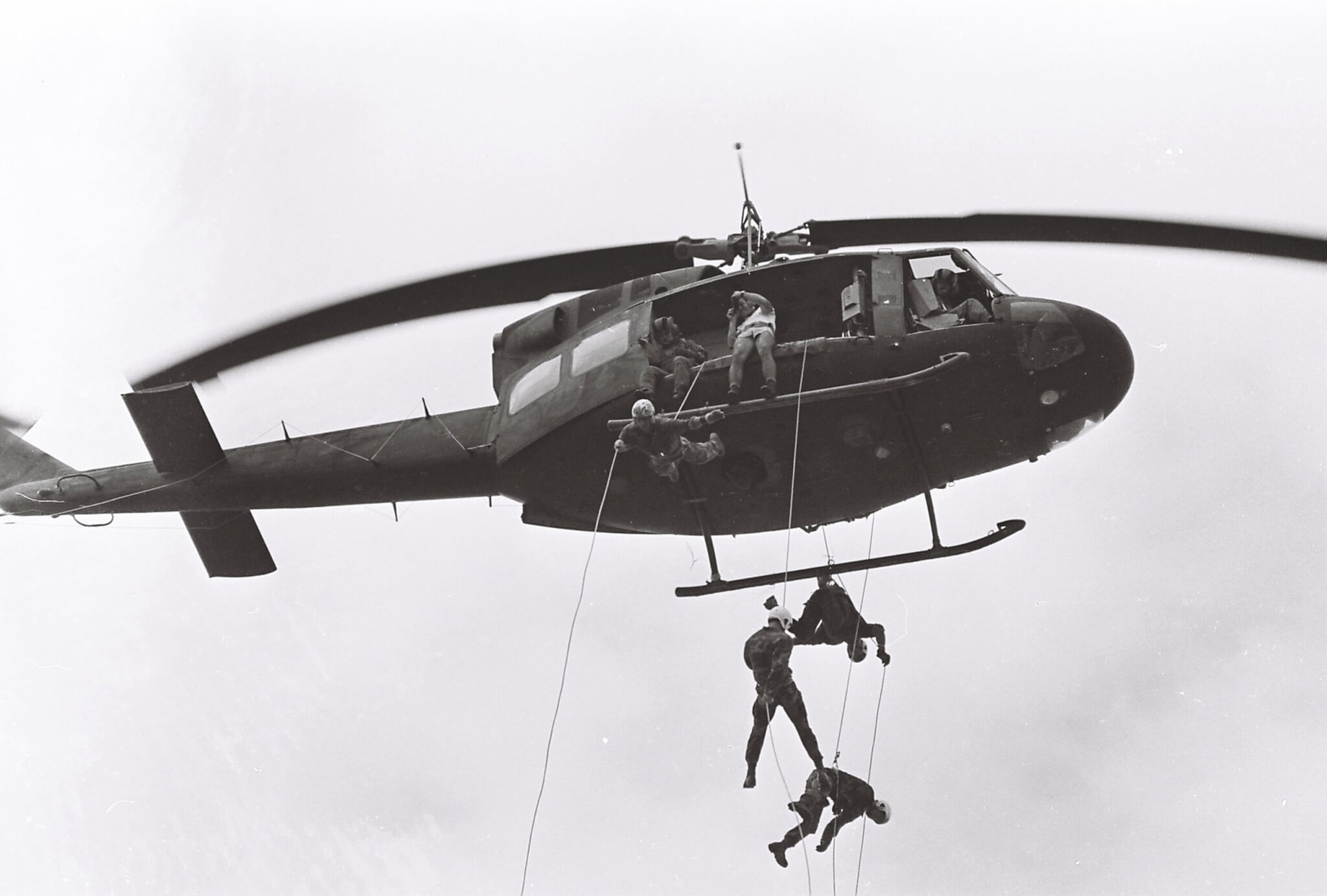
Reflecting on his time as a SEAL, Brown says he is grateful.
“I think I was too young to really appreciate the things that I was doing. We were locking out of submarines and diving out of airplanes. We were using the most sophisticated closed circuit scuba and sneaking around and blowing things up. It was great,” Brown said.
But he also recognizes the challenge of transitioning roles from combatant to dad and husband.
“We learned how to slit a man’s throat but there was no class on how to be a good father or husband.,” he said. “You blow something up one day and on the way home you’re trying to remember to pick up a birthday card for your wife.”
The years of compartmentalizing his experiences as a SEAL and federal agent made it a challenge to unpack when he retired. But writing offered a form of therapy for Brown, which is how the idea for the memoir, “The Littlest SEAL,” came to be.
“I want everyone to know that no matter what their situation, no matter what they think they’re not good at, to focus on the things that they are good at. That’s where their successes are,” he said. “Don’t let anyone define what you’re capable of.”


